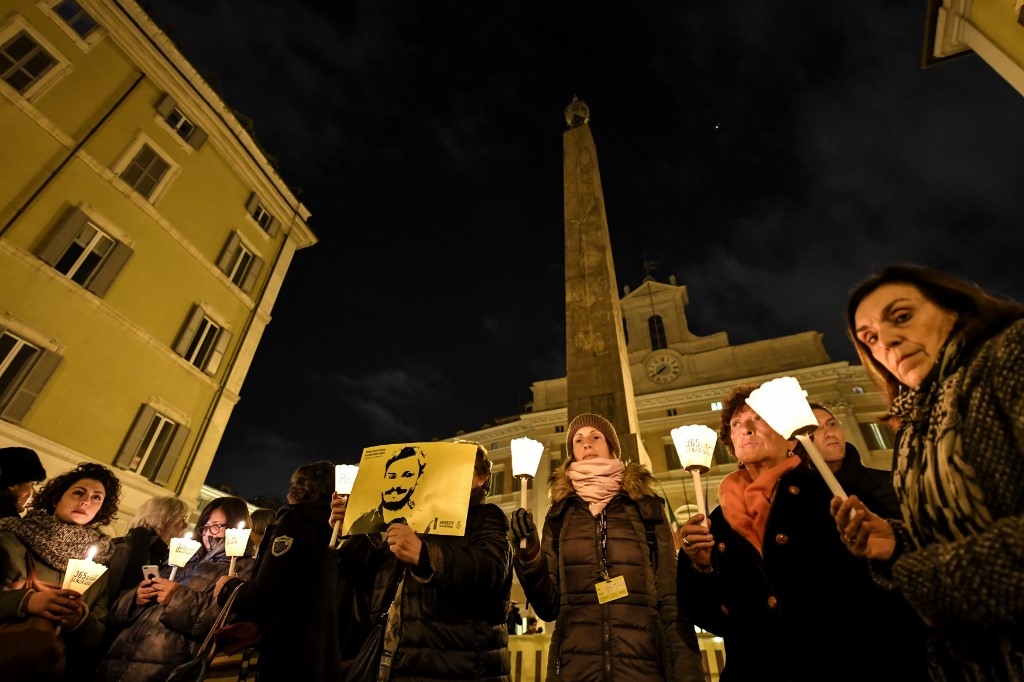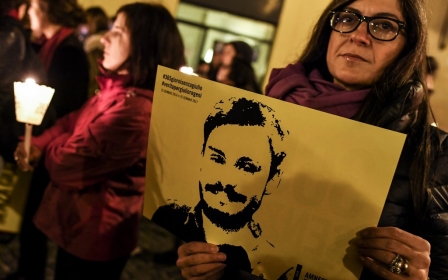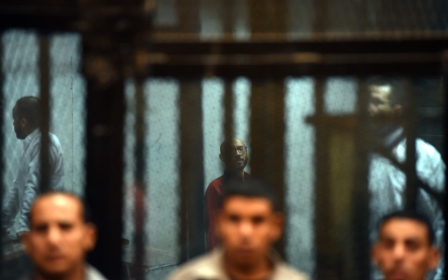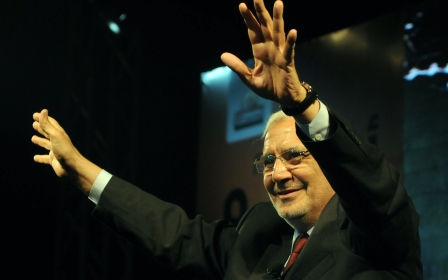UN postpones conference on torture in Egypt after criticism by rights groups

The United Nations has decided to postpone a regional conference on torture that was due to be held in Egypt in September, following an outcry by human rights organisations, a UN spokesperson told Middle East Eye on Tuesday.
Last month, the UN announced that a regional conference on defining and criminalising torture in Arab legislation would be held in Cairo on 4-5 September in collaboration with the UN High Commissioner for Human Rights and the Egyptian government’s human rights body, the National Council for Human Rights.
On Tuesday, however, UN human rights spokesman Rupert Colville said the international body has decided to adjourn the conference and would “reassess the situation” following consultations with relevant groups.
“In the past few days, there has been growing uneasiness among some NGOs about the location and we understand that,” Colville told MEE.
“Given that, we decided to postpone it. We will have further discussions with NGOs and national human rights institutions and so on before deciding where and when to hold it.”
New MEE newsletter: Jerusalem Dispatch
Sign up to get the latest insights and analysis on Israel-Palestine, alongside Turkey Unpacked and other MEE newsletters
Independent human rights organisations that have documented Egypt's use of torture have voiced concerns that they would not be able to attend the conference due to either being outlawed from the country or being at risk of harassment by Egyptian security services.
Human Rights Watch, whose work is currently banned in Egypt, has accused the Abdel Fattah el-Sisi government of involvement in “systematic widespread enforced disappearances and torture that most likely amount to crimes against humanity".
The organisation has estimated that around 60,000 political prisoners have been detained since President Abdel Fattah el-Sisi took power in 2013. Many of those have reported torture and other forms of abuse in detention.
Amr Magdi, a Human Rights Watch (HRW) researcher, welcomed the UN’s decision as “a good step”, emphasising that human rights workers were expecting to face severe restrictions or even physical threats if they tried to attend the conference.
“We were not invited to this conference. We know that even the UN cannot guarantee that a critical organisation like HRW or Amnesty International can have access if they are invited,” he told MEE.
Since Sisi came to power in a military coup, his government has overseen an unprecedented crackdown on civil society organisations, including nearly all key civil society groups documenting torture or supporting its victims.
Magdi said that the ban on independent rights groups would have paved the way for pro-government organisations to gain more prominence at the conference and “whitewash the government’s image", had the event gone as planned.
Middle East Eye delivers independent and unrivalled coverage and analysis of the Middle East, North Africa and beyond. To learn more about republishing this content and the associated fees, please fill out this form. More about MEE can be found here.




